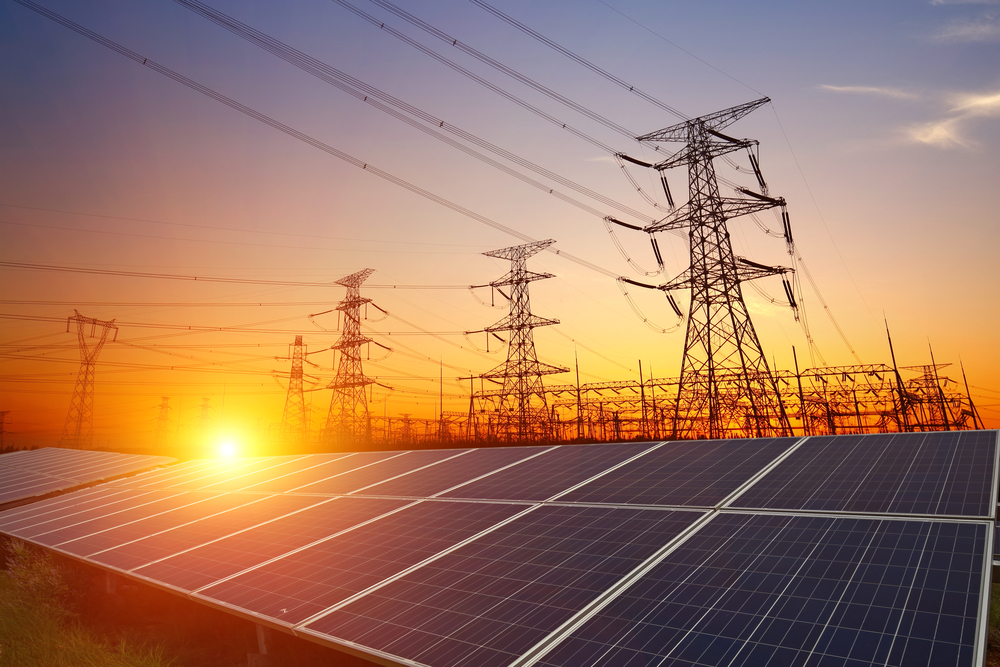Comparing Grid Connect PV Solar and Off-Grid Solar Power Systems (SPS)
Comparing Grid Connect PV Solar and Off-Grid Solar Power Systems (SPS)
Oct 23, 2023

In recent times, solar power has emerged as a pivotal player in the dynamic landscape of sustainable energy. The choices between Grid-Connect PV Solar and Off-Grid Solar Power Systems (SPS) represent crucial decisions for those venturing into the realm of renewable energy. In this blog, we will explore and compare these two solar systems, shedding light on their advantages, disadvantages, and applications. Also, we will discuss how Project Management Vision (PMV) in Perth plays a guiding role in training students through a variety of Renewable Energy short courses.
Understanding Grid Connect PV Solar Systems
Grid Connect PV Solar Systems are integrated with the local utility grid. These systems generate electricity when the sun is shining, and any excess power is fed back into the grid. Users can be compensated through feed-in tariffs or net metering programs.
Advantages of Grid Connect PV Solar Systems:
- Cost-effective: Grid Connect PV Solar systems are often more cost-effective as they don’t require expensive battery storage. Excess energy generated during the day can be sent to the grid, and power can be drawn from the grid during low sunlight and during night.
- Grid stability: Since on-grid systems are connected to the utility grid, users have a stable power supply even when solar production is low. This ensures a consistent energy source, especially during nighttime or cloudy days.
- Financial incentives: Many regions, including Australia, offer financial benefits such as carbon credits and feed-in tariffs for on-grid solar installations. These incentives can significantly reduce the overall cost of the system.
Challenges of Grid Connect PV Solar Systems:
- Dependency on the grid: Grid Connect PV Solar systems are reliant on the availability of the grid, and during grid outages, they may not function. This is a consideration for areas with unreliable grid infrastructure.
- Limited energy independence: While on-grid systems contribute to reduced electricity bills, they do not offer complete energy independence. Users still depend on the grid for power during specific periods.
Off-Grid Solar Power Systems (SPS)
On the other hand, off-grid standalone SPS operates independently of the utility grid. These systems store excess energy in batteries, providing power during periods of low sunlight.
Advantages of Off-Grid Solar:
- Complete independence: Off-grid systems offer complete energy independence. Users generate, store, and consume their electricity, making them immune to grid outages and fluctuations.
- Remote applications: Off-grid solar is ideal for remote locations, where connecting to the grid is impractical or cost-prohibitive. This includes cabins, farms, and research stations.
- Environmental sustainability: Off-grid systems contribute to a smaller carbon footprint, as they often rely solely on solar energy and backup generators, reducing dependence on non-renewable sources.
Challenges of Off-Grid Solar:
- Higher initial costs: The initial setup costs for off-grid systems can be higher due to the need for battery storage. However, advancements in battery technology are gradually reducing this cost barrier.
- Maintenance of batteries: Batteries in off-grid systems require regular maintenance, and their lifespan can affect the overall efficiency and cost-effectiveness of the system.
Choosing The Right Solution With PMV
PMV in Perth offers specialised courses such as Solar Grid Connect Design and Install, Battery Storage and off-grid Solar Power Systems (SPS) for candidates navigating the solar energy sector. These courses empower individuals with the knowledge and skills needed to design, install, and manage both on-grid and off-grid solar systems. Whether contributing to the grid with on-grid systems or achieving complete energy independence with off-grid solutions, our technical courses in renewable energy in Australia provide a solid foundation for those venturing into the impactful field of renewable and clean energy.
Check out our other courses in Electrical, EEHA, Electrical Instrumentation, and High Voltage. To know more about our training programs, contact us today!
Like what you read? Then check out our next blogs:
Recent Post
Mar 14, 2024

